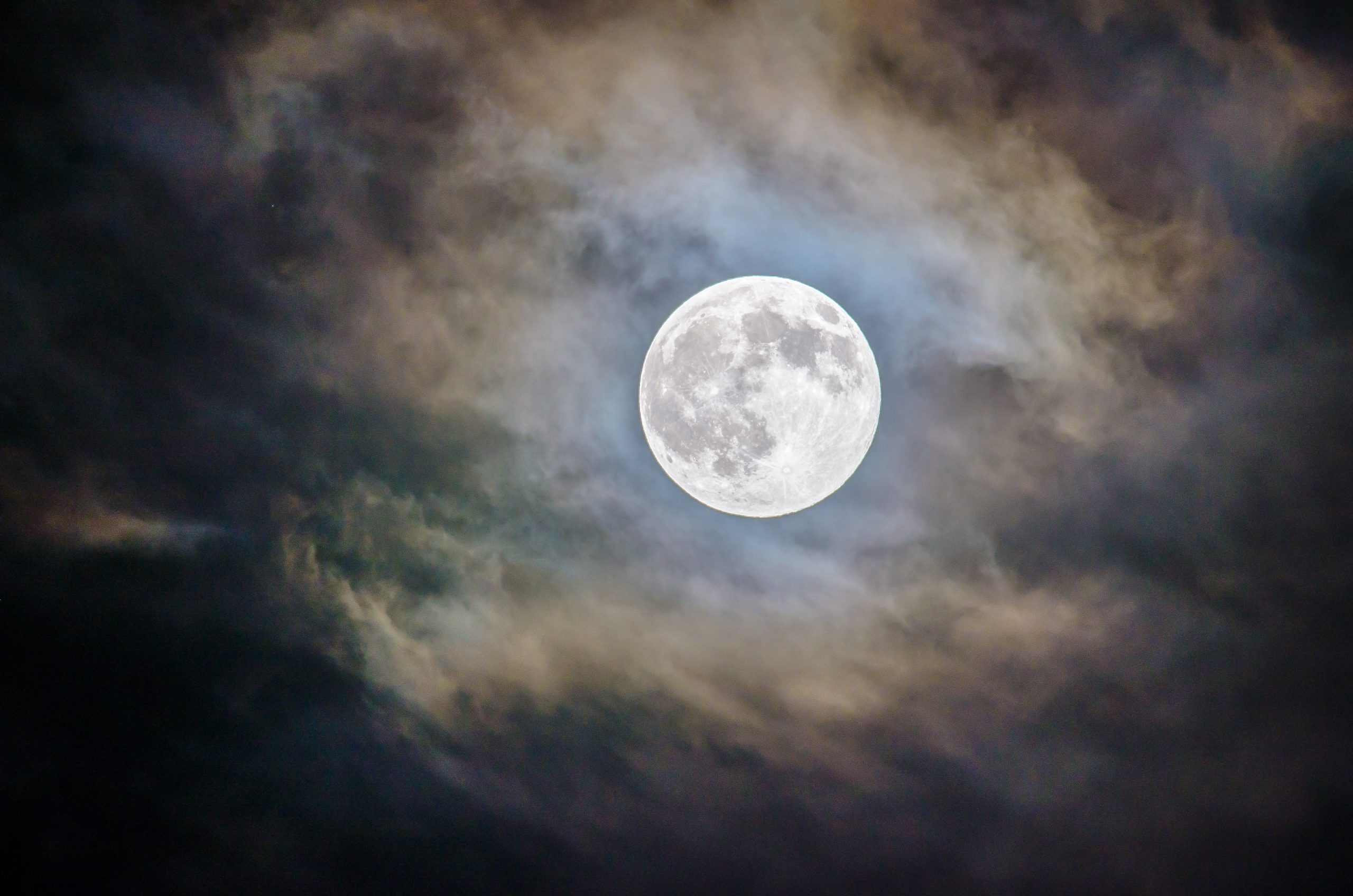The Fascinating History of Celtic Britain
The history of Britain is rich and diverse, with the ancient Celts playing a significant role in shaping the culture and heritage of the island. The Celts, a group of tribal societies, inhabited parts of modern-day Britain from around 700 BC to 43 AD. Their influence can still be seen today in various aspects of British culture, from language and place names to art and traditions. In this comprehensive blog post, we will delve deep into the captivating story of Celtic Britain, exploring its origins, society, religion, and ultimate fate.
Origins of the Celts
The Celts, believed to have originated from the Indo-European peoples, migrated to the British Isles during the Iron Age. Their arrival in Britain marked the beginning of a new era, with their distinctive language, art, and social structures setting them apart from the existing inhabitants of the land.
It is important to note that the term “Celt” is a modern construct used to refer to these ancient tribes, as they did not have a collective identity or political unity. Instead, they were composed of numerous smaller tribes, each with its own customs and traditions.
Celtic Society and Tribal Structure
The Celtic society was organized into tribal groups, led by chieftains who possessed both political and military power. A Celtic tribe typically consisted of several clans or families, with each clan having its own leader and territory.
The Celts were known for their warrior culture and their distinct hierarchical social structure. The nobility or aristocracy held the highest positions of power within the tribe, with leaders often claiming descent from semi-legendary ancestors. Below the nobility were the craftsmen, farmers, and other members of the community. Slavery also existed within Celtic society, with captured enemies and criminals serving as slaves.
Trade and commerce were essential elements of Celtic life, with tribes engaging in long-distance exchanges with other societies. The Celts traded in a variety of goods, including metals, salt, and luxury items like amber and glass beads. Their extensive trading networks stretched across much of Europe.
Celtic Religion and Mythology
The Celts had a complex and vibrant religious belief system, with a pantheon of deities and a strong connection to nature. Their spiritual practices were centered around natural landmarks such as rivers, lakes, and sacred groves.
The most important Celtic deities included:
- 1. Dagda: The supreme god associated with fertility, abundance, and the harvest.
- 2. Morrigan: The goddess of war, fate, and sovereignty.
- 3. Lugh: The god of craftsmanship, skill, and the arts.
- 4. Branwen: The goddess of love and beauty.
The Celts believed in the immortality of the soul and the concept of an afterlife. They performed elaborate burial rituals and believed in the existence of the Otherworld, a realm of eternal youth and bliss.
The Roman Conquest and Decline of Celtic Britain
The Roman conquest of Britain in 43 AD marked a turning point in Celtic history. The Romans, eager to expand their empire, encountered fierce resistance from the native Celts. However, they eventually gained control over the southern parts of the island and established the province of Britannia.
The influence of Roman culture and administration gradually diminished the prominence of Celtic society in southern Britain. The Romans introduced their language, Latin, and imposed their own political and legal systems. Celtic tribes that resisted Roman rule faced military campaigns, and their populations gradually assimilated into the Roman way of life.
In the northern and western regions of Britain, Celtic culture retained more resilience against Roman influence. However, over time, waves of Anglo-Saxon invasions and migrations further eroded the Celtic presence in these areas. The Celtic people were pushed to the fringes of Britain, seeking refuge in Cornwall, Wales, and Scotland.
Legacy of Celtic Britain
Although the influence of the Celts in Britain waned over the centuries, their legacy is still evident today. Many modern-day Britons can trace their ancestry back to the Celtic tribes, and Celtic languages have left their mark on place names and linguistic influences.
Celtic art, renowned for its intricate designs and symbolism, continues to inspire contemporary artists and craftsmen. The symbol of the Celtic cross, incorporating both Christian and pagan elements, has become a prominent cultural emblem.
Furthermore, Celtic festivals and traditions are still celebrated in various forms across Britain. The most famous of these is St. Patrick’s Day, a cultural celebration of Irish heritage that has been adopted and embraced by communities around the world.
Conclusion
The story of Celtic Britain is one of a vibrant and tenacious culture that left an indelible mark on the history of the island. The ancient Celts, with their distinct language, social structures, and religious practices, shaped the foundations of British identity. While their political power waned over time, their legacy lives on in the customs, traditions, and cultural heritage of the modern-day United Kingdom.
References:
1. Britannica
3. BBC
Table of Contents
